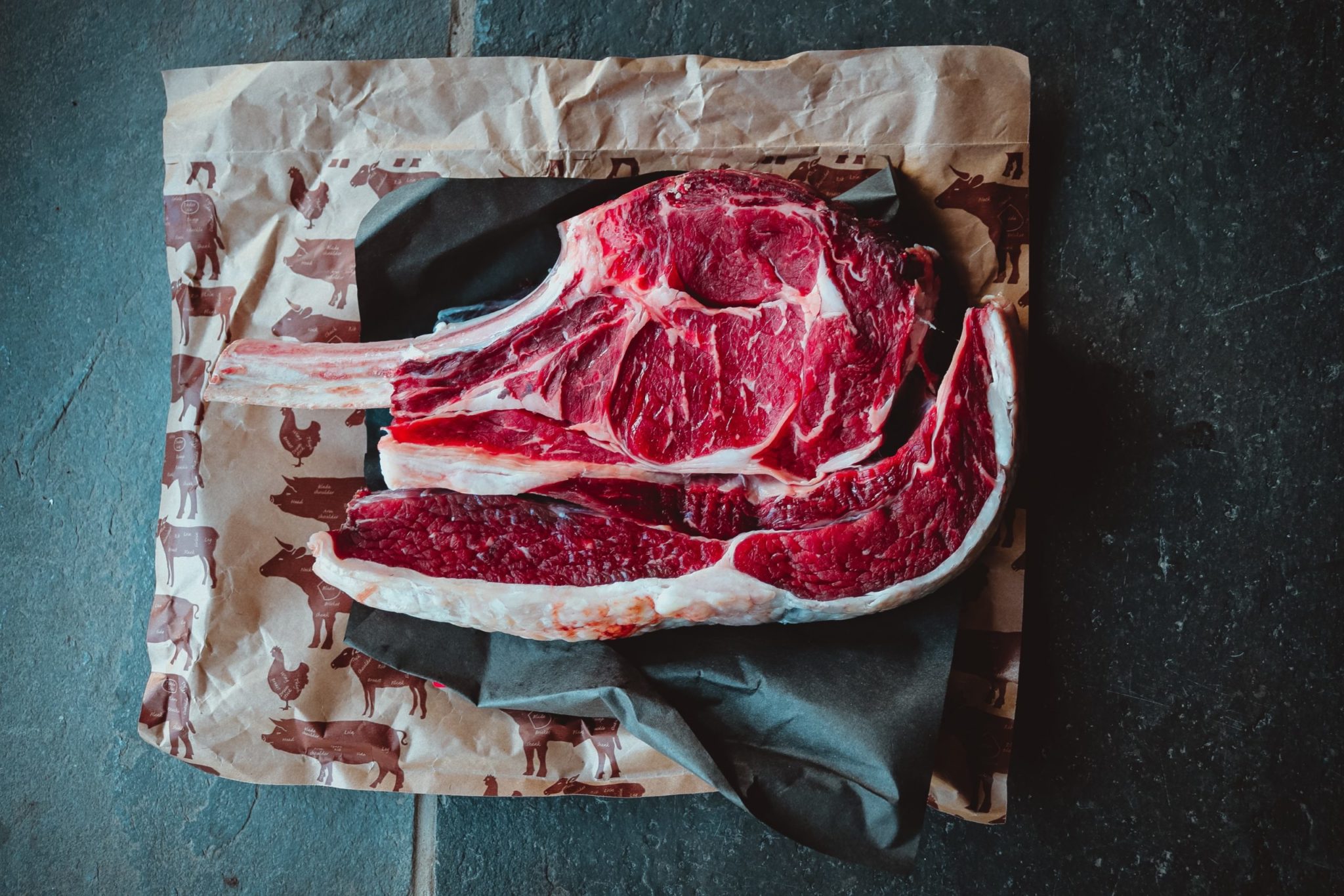New Haven and Yale community discuss rising meat prices
Biden’s meat packing initiatives are a step in the right direction, but they leave much to be desired, animal rights activists and local chefs say.

Unsplash
The Biden administration is attempting to weaken America’s largest meat companies — but both Yale and New Haven community members are skeptical.
Currently, most of the meat industry is controlled by a few companies, leading to increased market power and rising prices. This was a major point of discussion at Yale’s Big Ag & Antitrust: Competition Policy for a Sustainable and Humane Food System Conference in January 2021, which was co-hosted by the Law, Ethics and Animals Program at the Yale Law School and the Yale School of Management’s Thurman Arnold Project at Yale. The Biden administration’s main initiative will provide $1 billion in American Rescue Plan funds to support independent meat producers in competing with larger meat production companies. The hope is that increased competition will result in lower prices, thereby benefiting consumers.
The School of Management and Law School students involved in big agriculture advocacy expressed some skepticism about how the initiative will be implemented.
“Spending $1 billion to prop up small and medium-size slaughterhouses will not make a meaningful dent in the big corporations’ market power,” executive director of LEAP Viveca Morris ’15 SOM ’18 wrote in an email to the News.
Morris said she believes this initiative is a waste of taxpayer money. She wrote that many independent plants will likely go out of business or will be acquired by bigger companies, further adding to the market power of large companies. Morris cited industry structure as the specific cause of increased prices.
Another complicating factor is that many independent producers have not, in fact, raised their prices for meat. Zach Pierce, head butcher at Provisions on State, a butcher shop in East Rock, told the News that he has not had to increase prices significantly.
“We source meat from small, local farms (mostly in CT, some in NY and PA), so are relatively insulated from larger supply chains and thus higher costs,” Pierce wrote in an email to the News.
Austin Frerick, deputy director of TAP@Yale, agrees with Morris.
He said that he believes there has been a lack of enforcement of existing antitrust legislation in recent years.
“The concentration figures of beef haven’t changed much,” Frerick said. “A lot of mergers have been approved that shouldn’t have been approved [and] the largest beef packer in America has been found to be engaged in the bribery of politicians.”
To address this root cause, Morris believes that the initiatives should focus on changing the industry structure. She said one example of this could be bolstering the fair competition rules in the 1921 Packers and Stockyards Act and reinstating the office that was in charge of enforcement prior to the Trump administration, which former President Donald Trump dismantled.
Manny Rutinel LAW ’22, founder and CEO of TransfarmAg, a company working to encourage sustainability in farming via carbon offset credits, believes there also needs to be caps on the size of factory farms to prevent large farms from outcompeting smaller producers.
Biden’s new initiatives also fail to address the social costs of meat production, several students told the News.
“The U.S. livestock sector is the country’s number one source of methane emissions, and its impacts on our biodiversity, water, air, and public health are devastating,” Morris wrote in an email.
As more independent producers expand existing meat packing practices, Rutinel said that methane emissions will only increase.
Larger companies are also given no incentive to change their practices to reduce methane emissions under the new initiative, he added.
“[The initiative] does not constrain which type of production methods can be taken advantage of, [further] entrenching a type of unsustainable food,” Rutinel said.
Rutinel believes the taxpayer money should instead be used to promote research and the development of plant-based meats. He thinks this will help workers in the long run, as it will prepare them for a climate-conscious future.
Dung(G) Tran, the owner of Banh Mee, a Vietnamese restaurant in New Haven, has attempted to transition his menu to solely plant-based meats, but said it does not offer the taste the restaurant was seeking.
Pierce, on the other hand, believes in the moderation of meat consumption.
“My philosophy has always been to eat less meat; more good meat,” Pierce wrote in an email to the News. “In other words, spending your budget on meat that is raised in a humane and sustainable way will limit the amount you naturally purchase and consume.”
TAP@Yale was named in honor of Thurman Arnold, who was a Yale Law School professor and head of the Antitrust Division from 1938-1943.







